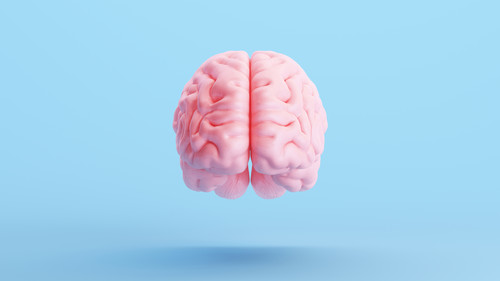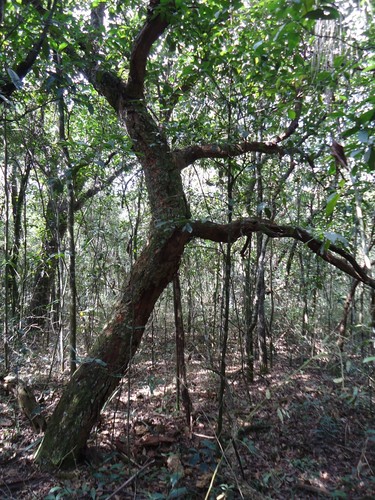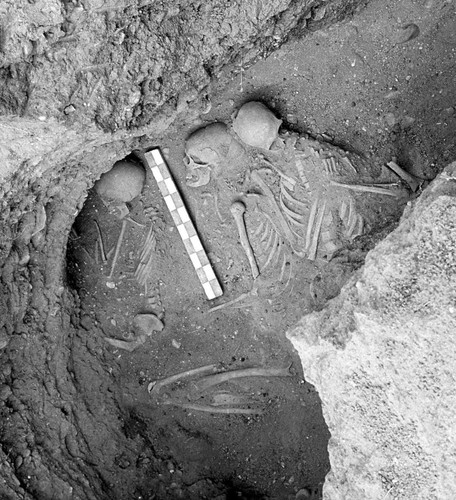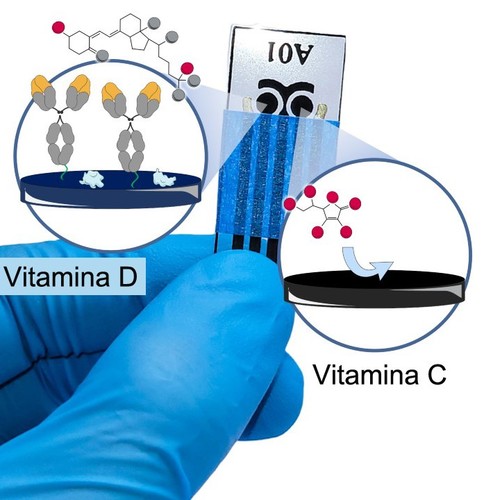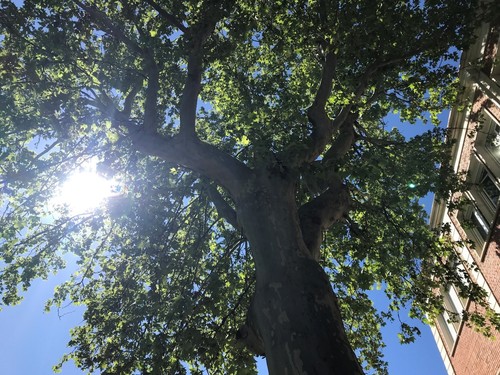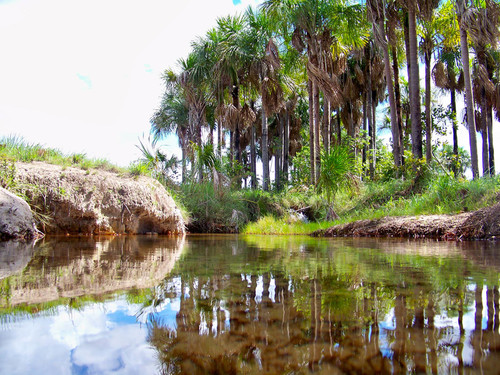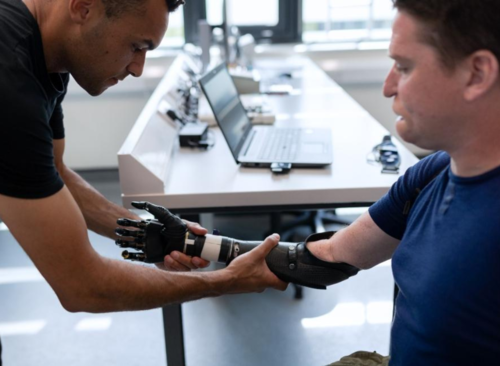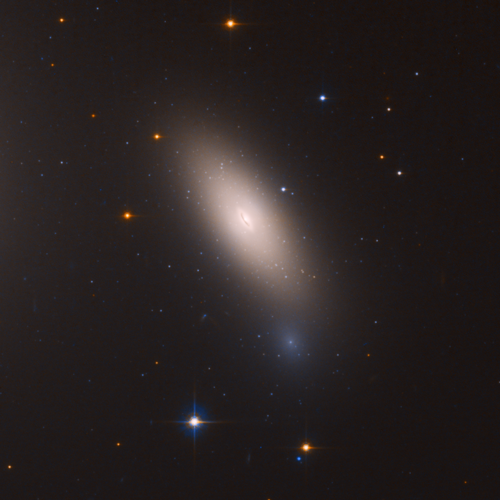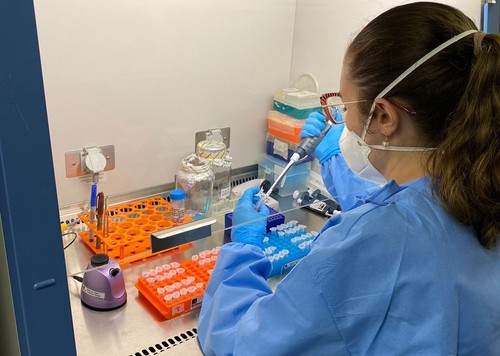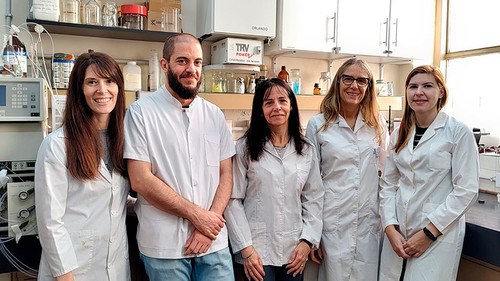Desvelan el mecanismo que evita los conflictos en la actividad de las células madre del cerebro
|
Los investigadores del laboratorio Plasticidad Celular en Desarrollo y Enfermedad, que dirige Ángela Nieto en el Instituto de Neurociencias (IN), centro mixto del Consejo Superior de Investigaciones Científicas (CSIC) y la Universidad Miguel Hernández (UMH) de Elche, han descubierto el mecanismo que permite a las células madre del cerebro adulto expresar tanto los genes de mantenimiento de su identidad como los de diferenciación neuronal sin que se produzcan conflictos en la actividad celular. Además, el trabajo publicado recientemente en la revista Nature Communications muestra que este mecanismo permite que las células madre estén preparadas para diferenciarse rápidamente. |
